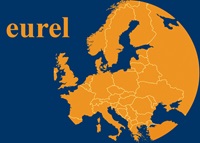A significant turning point in the religious life of countless religious communities across the world was the period of the COVID-19 pandemic. During 2020-2022, new elements were introduced into the life of religious communities in many countries that previously formed only a marginal part of religious practice. One of these elements has been participation in religious rituals through digital media such as Facebook and YouTube, among many others. During the COVID-19 pandemic, the performance of religious rituals, funeral and wedding rituals, baptisms, first communion or the sacrament of confirmation were also restricted.In this paper, I will discuss the impact of COVID-19-related governmental restrictions on religious life in a particular locality in Slovakia. I will pay attention to the attitudes of the inhabitants of this locality towards the online form of performing religious rituals. The data presented in this paper were obtained through ethnographic research conducted in a village in central Slovakia, in which the dominant religion is Roman Catholic.The online form of religious life has also influenced many characteristics of rituals as well as many aspects of ritualized and religious practices. Research results suggest that people's attitudes on the limitations of the possibility of performing religious rituals in a culturally and religiously “correct” way, and their reflections on the impact of digital technologies on religious life, are heterogeneous. In this contribution, I will also try to show that the online form of religious rituals can, among other things, suppress or dampen their positive effects on social cohesion and group solidarity, and also the transmission of religious norms.

 PDF version
PDF version
